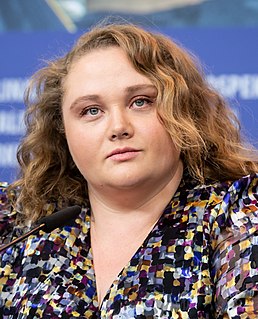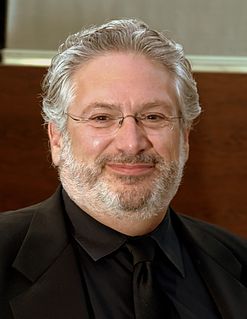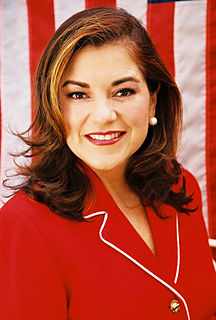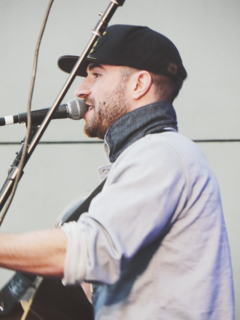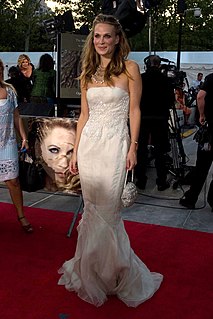A Quote by Lorene Scafaria
I've been obsessed with doomsday for a long time - the idea that different cultures respond to it differently, and religions will change people's outlook on it.
Related Quotes
Diversity is just 'the world.' It's different cultures, different backgrounds, different ethnicities, different religions, genders, sexual orientation, shapes, sizes. That is the world, but we call it 'diversity' because there is this one type that has always been accepted in the media, and it's finally starting to change.
If we want to avoid a clash of cultures - and the jury is still out on whether we can - we'll have to make different cultures and religions compatible with the universal nature of human rights and tolerance. But I can promise you this: Anyone who calls me an infidel at the conference will be in for a fight.
As you learn to consciously observe the transformation process, you will watch yourself repeating a lot of old patterns long after you seemingly know better. Spiritually and intellectually, you realize there is another way, but emotionally you are still clinging to the old habits. This is a difficult time. Try to be patient and compassionate with yourself. When you recognize the futility of an old pattern so clearly, it's about to change! A short time later, you will suddenly begin to respond differently, in a more positive way.
Prior to getting into music, I interacted with, on a daily basis, about 5-10 percent of the people that I've interacted with since then. I've been meeting people from different backgrounds and different cultures. That did allow for a lot of change. I've changed as a product of that, but it's been positive.

